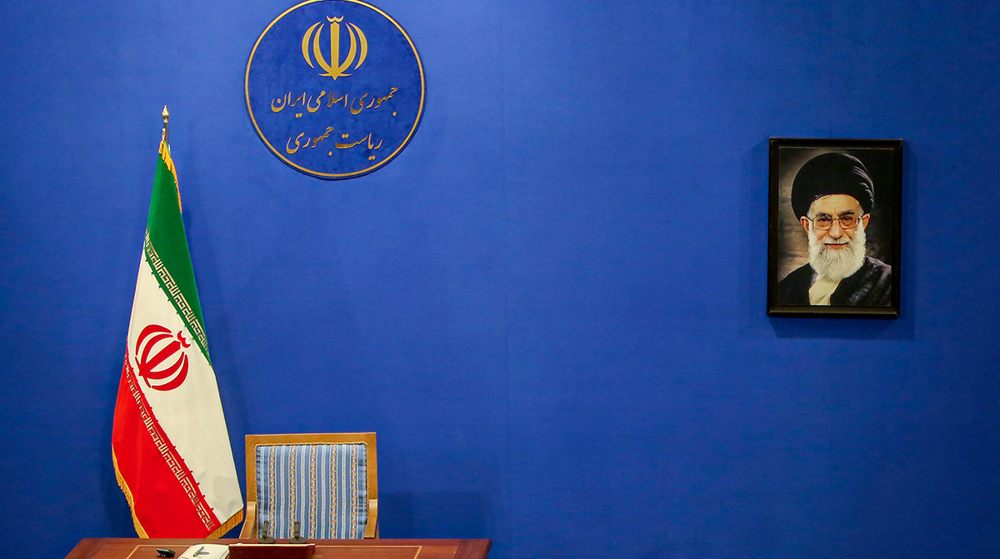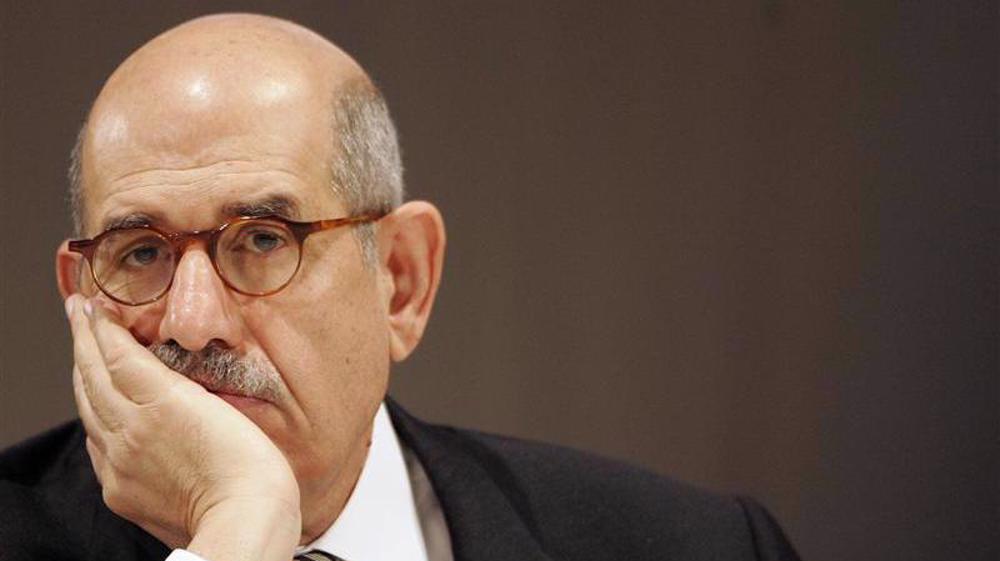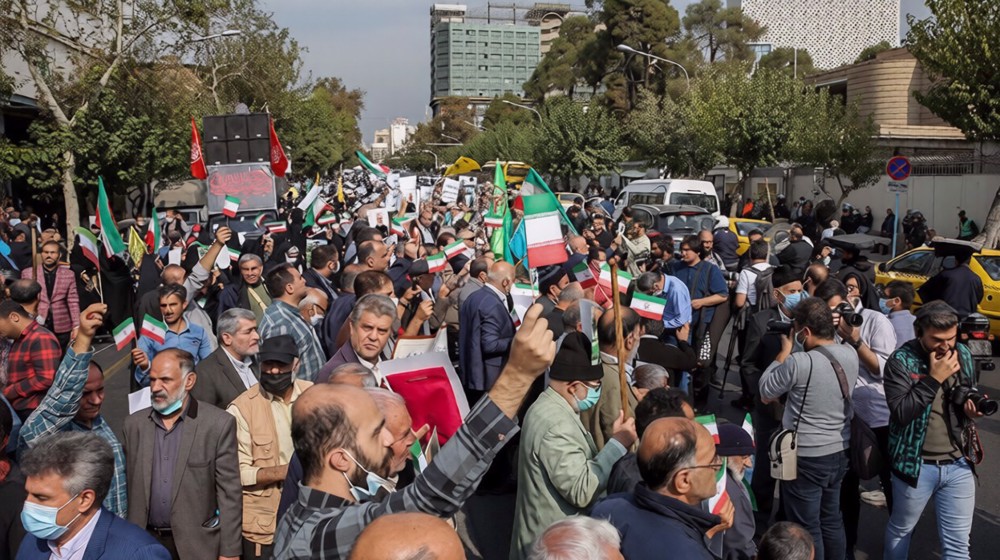The presidency and presidential elections in Iran
As the head of government, the President of Iran is the highest-ranking authority after the Leader of the Islamic Revolution.
Under Article 113 of the Iranian Constitution, the President acts as the country’s chief executive and is responsible for implementing the law of the land “except in matters directly concerned with the office of the Leadership.”
Within the limits of his powers and duties, the President is responsible before “the people, the Leader, and the Islamic Consultative Assembly,” as the Iranian Parliament (Majlis) is formally called.
The President appoints ministers, subject to the approval of the Parliament.
The chief executive has the authority to sign agreements with other governments as well as those pertaining to international organizations, after securing parliamentary approval.
Ambassadors to other countries are also appointed upon the recommendation of the Foreign Minister and approval of the President, who also receives the credentials presented by the ambassadors of foreign countries.
The President is tasked with administering national planning, the budget, and state employment affairs.
In addition, he heads the Supreme National Security Council, which protects and supports national interests, the Islamic Revolution, and the country’s sovereignty and territorial integrity.
Meanwhile, the President serves as the chairman of Iran’s Supreme Council of the Cultural Revolution, a body set up after the 1979 Revolution to ensure the country’s education and culture remain Islamic and will not be influenced by other cultures and ideologies.
Who can run for president in Iran?
As stipulated in the Constitution, the President is elected for a four-year term by direct vote, and is allowed only two successive terms, although he can run for a third nonconsecutive term.
To run for president, a candidate must satisfy six key qualifications outlined in the Constitution, namely being an Iranian national and of Iranian origin, having “administrative capacity and resourcefulness” besides a good past record and the qualities of trustworthiness and piety. The President must also have a firm belief in the fundamental principles of the Islamic Republic of Iran and Islam, the official religion of the country.

Hopefuls need the approval of the Constitutional Council — a panel of six theologians and six legal experts — for running in presidential elections.
Presidents are elected with an absolute majority of the vote. If no candidate manages to secure the threshold in the first round, a run-off is held between the twocandidates that received the most votes in the first round.
From Ayatollah Khamenei’s point of view
During his New Year speech on March 21, Leader of the Islamic Revolution Ayatollah Seyyed Ali Khamenei elaborated on the significance of the presidential post in Iran, as the country is preparing for its 13th presidential election in June.
The Leader said the President bears “the heaviest” and “most demanding” managerial responsibility in Iran since the head of the executive branch has the country’s resources and most managerial offices at his disposal.
Ayatollah Khamenei outlined some characteristics of an ideal president.
The President, he said, should be “competent” and “religious” and possess managerial competence.
“He should pursue justice in the real sense of the word and want to fight against corruption in the true sense of the word. He should have a revolutionary and jihadi performance. One cannot work with a pretentious and ceremonial manner,” the Leader’s official website quoted him as saying.
He added, “Presidential candidates should be really sure about the capabilities of the country. They should also believe in the youth. They should recognize the youth as the engine of the country’s general movement and they should trust them.”
Hamas blasts Western media for blindly defending false Israeli narrative
ElBaradei condemns US threats of military action against Iran
‘No two-hour war’: Iran vows immediate retaliation to any attack
VIDEO | US warmongering threatens stability
Pezeshkian: US must end provocations if it seeks genuine diplomacy
Iran summons German ambassador over Merz’s ‘low-minded’ remarks
Iran's Armed Forces warn EU of ‘consequences’ of IRGC designation
Iran FM: EU’s blacklisting of IRGC a ‘major strategic mistake’










 This makes it easy to access the Press TV website
This makes it easy to access the Press TV website